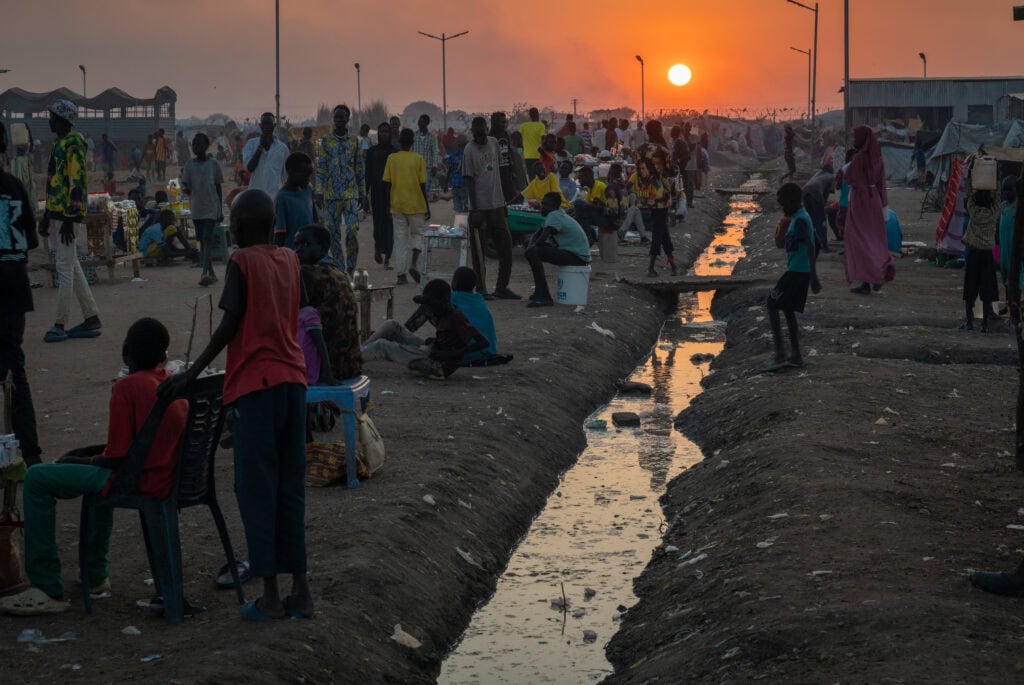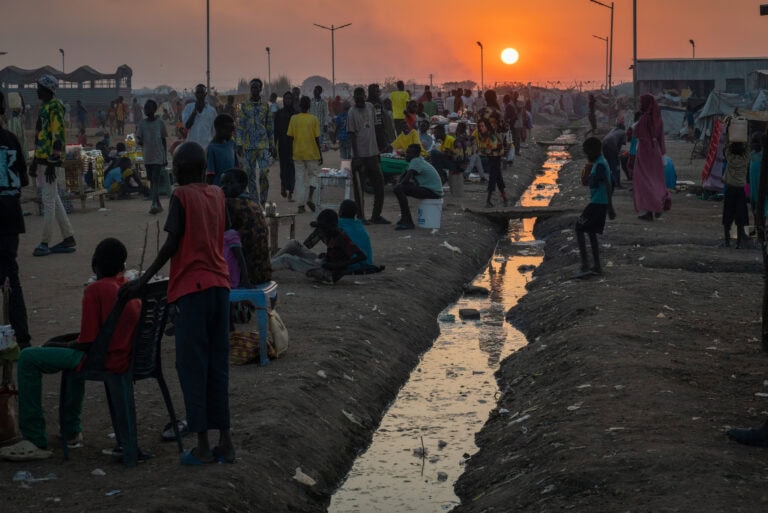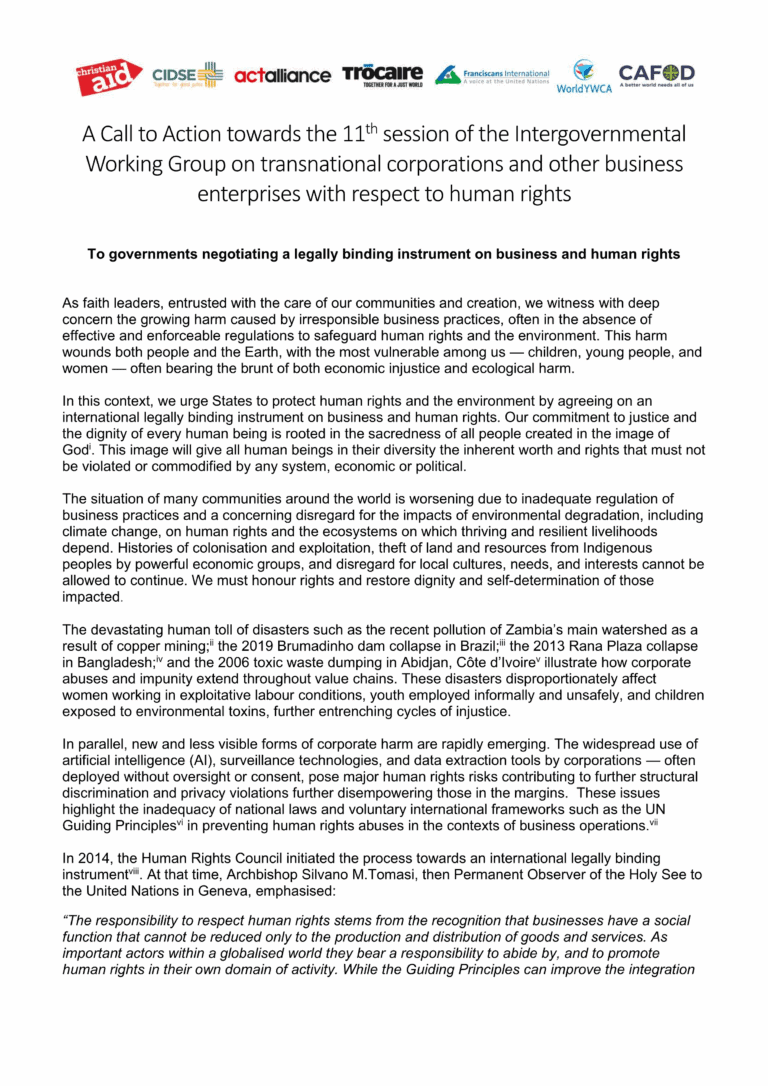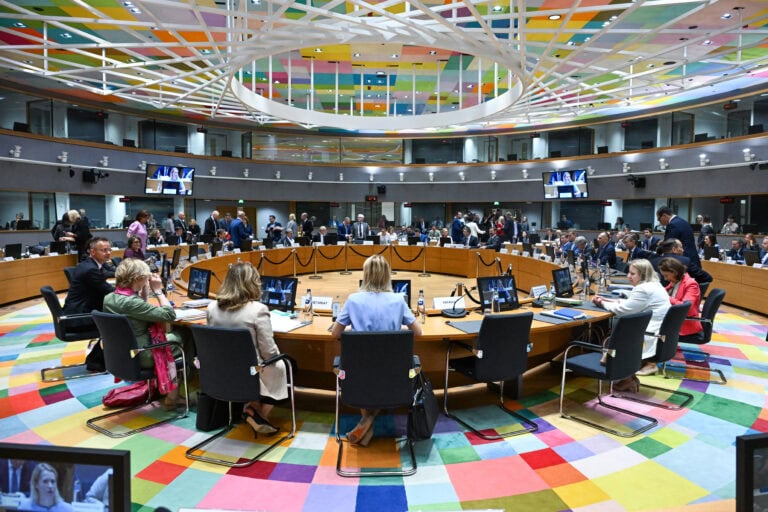In Sudan, where relentless conflict and widespread displacement have triggered one of the most acute and overlooked humanitarian crises in the world, our members and partners are responding with determination, empathy, and deep-rooted collaboration with local communities. Among them, Norwegian Church Aid (NCA), a dedicated member of ACT Alliance EU, is playing a central role.
This article by NCA highlights a new EU-funded initiative that exemplifies our collective approach: empowering local actors, protecting vulnerable populations, and addressing both immediate humanitarian needs and long-term resilience in Sudan.
Learn more about this initiative here.
A new EU-funded humanitarian initiative is galvanizing over 35,000 people in Central Darfur and White Nile State, Sudan. As conflict and mass displacement stretch communities to their limits, the project delivers WASH (water, sanitation, hygiene) and protection services—vital lifelines for women and girls who face heightened risks.
NCA leads the project, working with CAFOD and Caritas Sudan. The European Civil Protection and Humanitarian Aid Operations (ECHO) funds the effort with €1 million. Local partners play a central role in delivering aid. The project also has rapid response plans to address urgent situations quickly.
Dirk Peter Hanekom from NCA Sudan said, “This project is a critical step to reach the most vulnerable. Local actors are not only first responders — they are often the only responders.”

Urgent response amid ongoing crisis
Sudan’s crisis is escalating, yet humanitarian efforts persist in the most besieged regions. In Central Darfur and White Nile State, a new EU-funded project uplifts more than 35,000 people with essential water, sanitation, hygiene, and protection services.
In such crises, what matters most is the human presence—reaching people wherever they are. Beyond statistics, this response delivers lifesaving support to those sheltered in displacement camps, remote villages, and makeshift shelters. It operates through trusted community networks, channels of hope that people already embrace.
Local actors at the centre
NCA leads the project, in partnership with CAFOD and Caritas Sudan, backed by a €1 million ECHO grant. From day one, the initiative has placed Sudanese civil society at its heart, ensuring the response is both relevant and rooted.
Since the conflict surged in April 2023, Sudan has endured one of the world’s most underreported and devastating humanitarian emergencies. Millions have fled. Markets have crumbled, and basic services, especially for women and girls, have been ripped away by violence.
This response addresses both urgent and enduring needs. It delivers water points, latrines, and hygiene kits. It also creates safe spaces and referral services for survivors of gender-based violence. The approach is both practical and protective, reducing immediate threats while acknowledging the deep, ongoing trauma of war.
A standout strength of this program is its agile rapid-response capacity. With flexible funding and deep local insight, partners adapt swiftly whether facing floods or sudden surges in displacement.
A broader solidarity strategy
The EU-funded project goes beyond emergency relief. It supports communities through locally driven, sustainable action. By placing Sudanese organisations at the center, the project acknowledges that those closest to the crisis respond best.
Local partners bring speed, access, and trust. Their leadership ensures assistance meets community needs. It also helps protection and support reach people often left behind — especially women, girls, and displaced families in remote or underserved areas.
With flexible funding, rapid response tools, and strong coordination between international and local actors, the project bridges urgent humanitarian gaps. At the same time, it builds a foundation for longer-term resilience.
Two Years On: Faith-Based Statement on the Devastating Humanitarian Crisis in Sudan
Conference: Sudan – Thinking Peace and humanitarian Protection from a civilian perspective | Drupal



